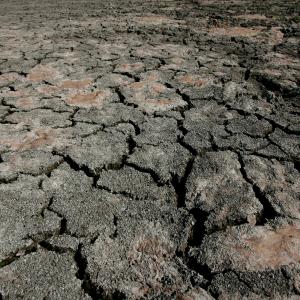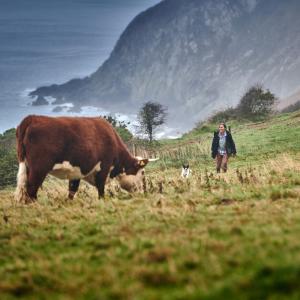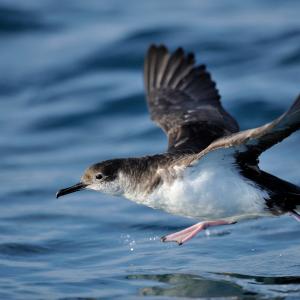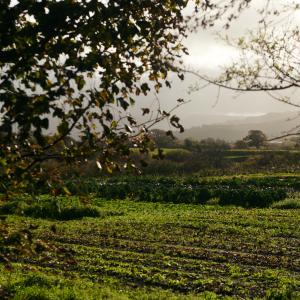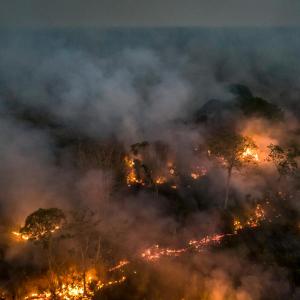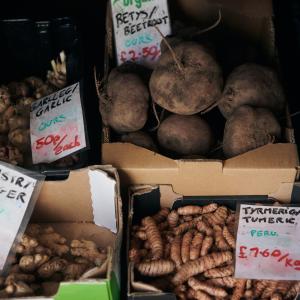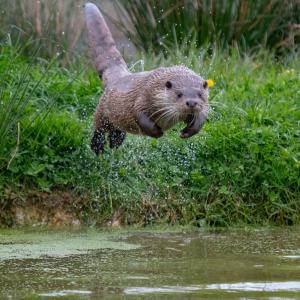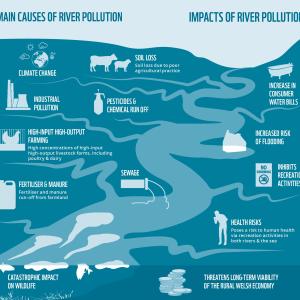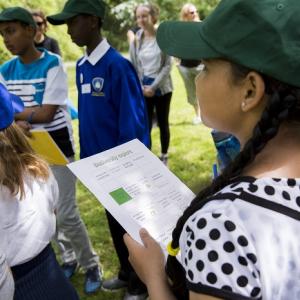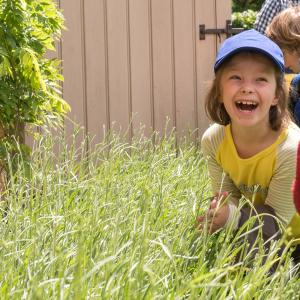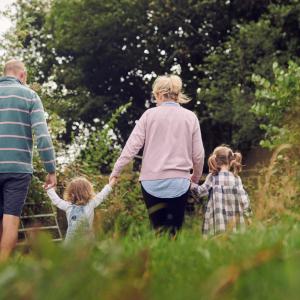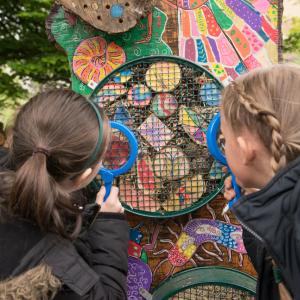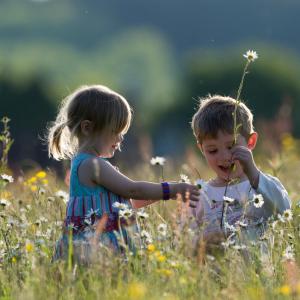Explain that
We know that it can all get a bit confusing, so we have some explainers to help you understand different topics so that we can all look after our planet together.
Terms Explainer
Want to know the difference between Net Zero and Net Sink? How Agroecology and Regenerative Farming are different? Our terms explainer is here to help.
Agroecology
Agroecology: a science & practice which improves food & farming systems, supports regenerative farming, & puts people - farmers, food producers, citizens – at the heart of solutions.
Sustainable Farming Scheme
Sustainable Farming Scheme: the Welsh Government run programme that will define and administer payments of taxpayers money to farmers and land managers in exchange for social and environmental outcomes.
Wales Agriculture Act
Wales Agriculture Act: the primary legislation, passed through the Senedd in 2023, that will empower the Welsh Government to develop the Sustainable Farming Scheme and wind up legacy programmes.
Regenerative farming
Regenerative farming: a system of farming principles and practices that seek to rehabilitate and enhance the entire ecosystem of the farm, tackling climate change and restoring biodiversity, with a primary objective to naturally enhance soil quality.
Natural services
Natural services: The services nature provides such as food, clean air and water, and healthy soils. Regulating services such as regulation of floods & drought. Cultural services such as recreational and other non-material benefits.
Nature based solutions
Nature based solutions: Nature-based solutions for climate harness the power of nature to reduce greenhouse gas emissions and help us adapt to the impacts of climate change. They are win-win solutions that involve protecting, restoring and sustainably managing ecosystems to address society's challenges and promote human well-being.
Net Zero
Net Zero: the point at which the balance of national carbon emissions is zero. Wales has committed to this by 2050. At this time Wales will still emit carbon, but an equal or greater amount will be sequestered in the natural world.
Net sink
Net sink: Land both stores and emits carbon. Wales is currently a net sink, which means that our land stores more than it emits.
Pathways for land use and agriculture
Pathways for land use and agriculture: a pathway sets out the expected rate of emissions reduction in a given sector over time. It is effectively a graph which shows how many emissions are projected for each year until net zero is achieved.
Carbon footprint
Carbon footprint: the total carbon impact of a given product or service. This will include the amount of carbon emitted by its production.
Blue carbon sinks
Blue carbon sinks: marine habitats which store more carbon than they emit. These include habitats like seagrass and seaweed.
Net Zero Wales Carbon Budget 2
Net Zero Wales Carbon Budget 2: The 2021-2025 carbon reduction plan for Wales, published by the Welsh Government. This is the second budget the government has produced following the Environment (Wales) Act 2016.
Food Cooperatives
Food Cooperatives: a food distribution outlet that is run on a not-for-profit basis to give people access to good food at affordable prices.
Carbon rich habitat
Carbon rich habitat: These are habitats that are particularly effective storing carbon. Examples include woodlands, peatlands and saltmarsh.

